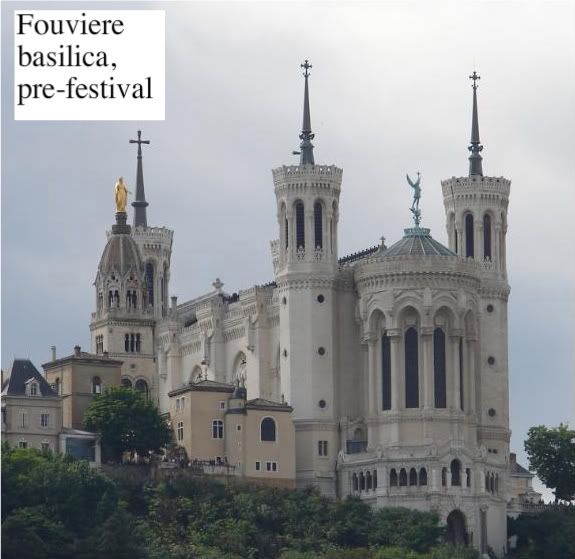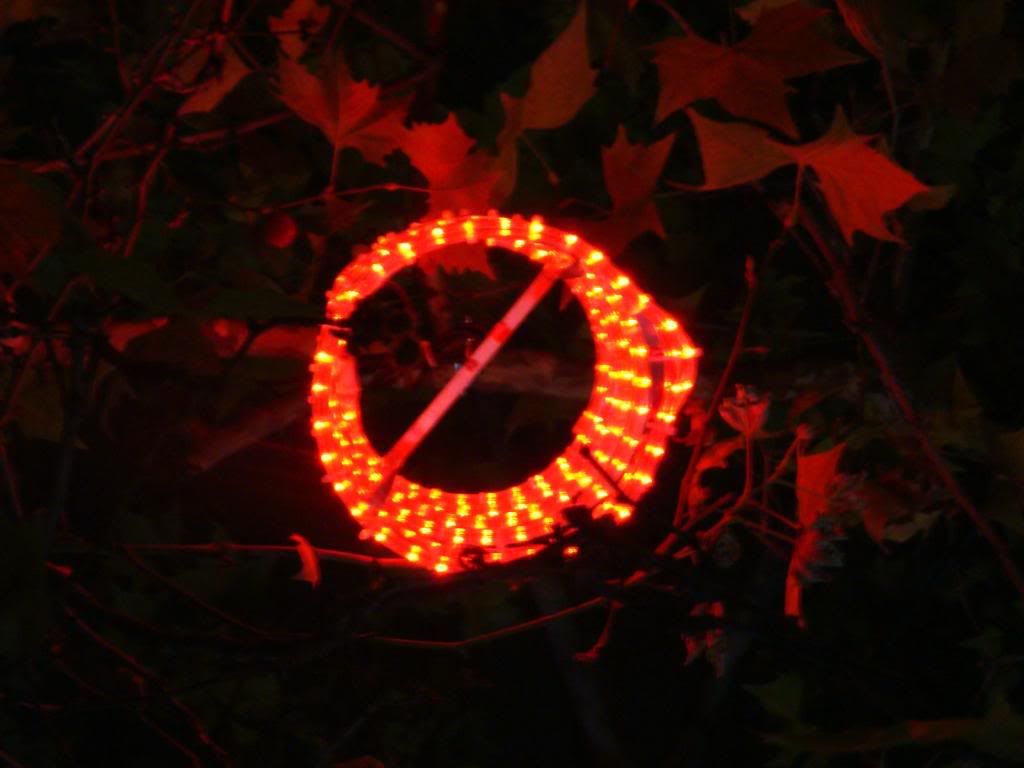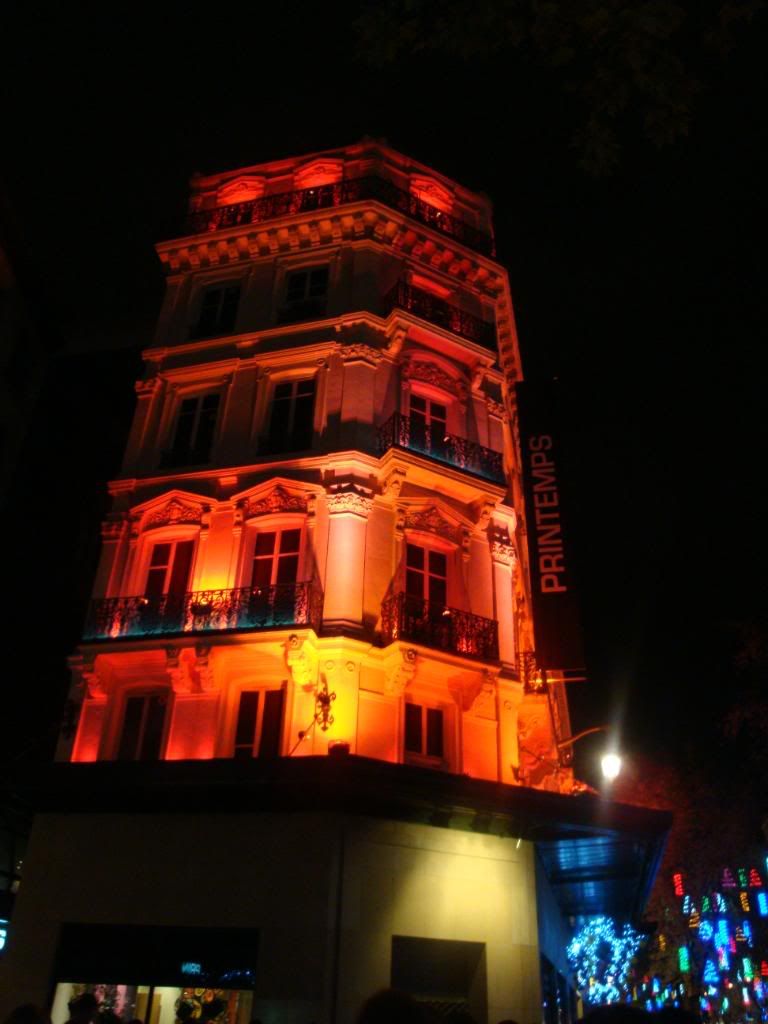Envie de rencontrer des Parisiens
hors du commun ?
Rendez-vous sur www.brevesdetrottoirs.com
Réalisé par le journaliste Olivier
Lambert et le photographe Thomas Salva, ce travail a été spécialement conçu
pour Internet.
Sur le site, vous trouverez un plan
de Paris avec des portraits. Cliquez sur l’un deux* pour découvrir un petit film
sur un personnage étonnant. Entre Katja, la coiffeuse de 78 ans, Léo le
libraire, Caroline, l’exploratrice de saveurs, François le marionnettiste ou
bien encore Daniel,
conducteur de bus improvisant une visite guidée de Paris pour ses passagers,
vous découvrirez la capitale française avec un autre oeil.
Poétique et dépaysant !
Bonnes rencontres parisiennes,
* l’un deux = any one of






























